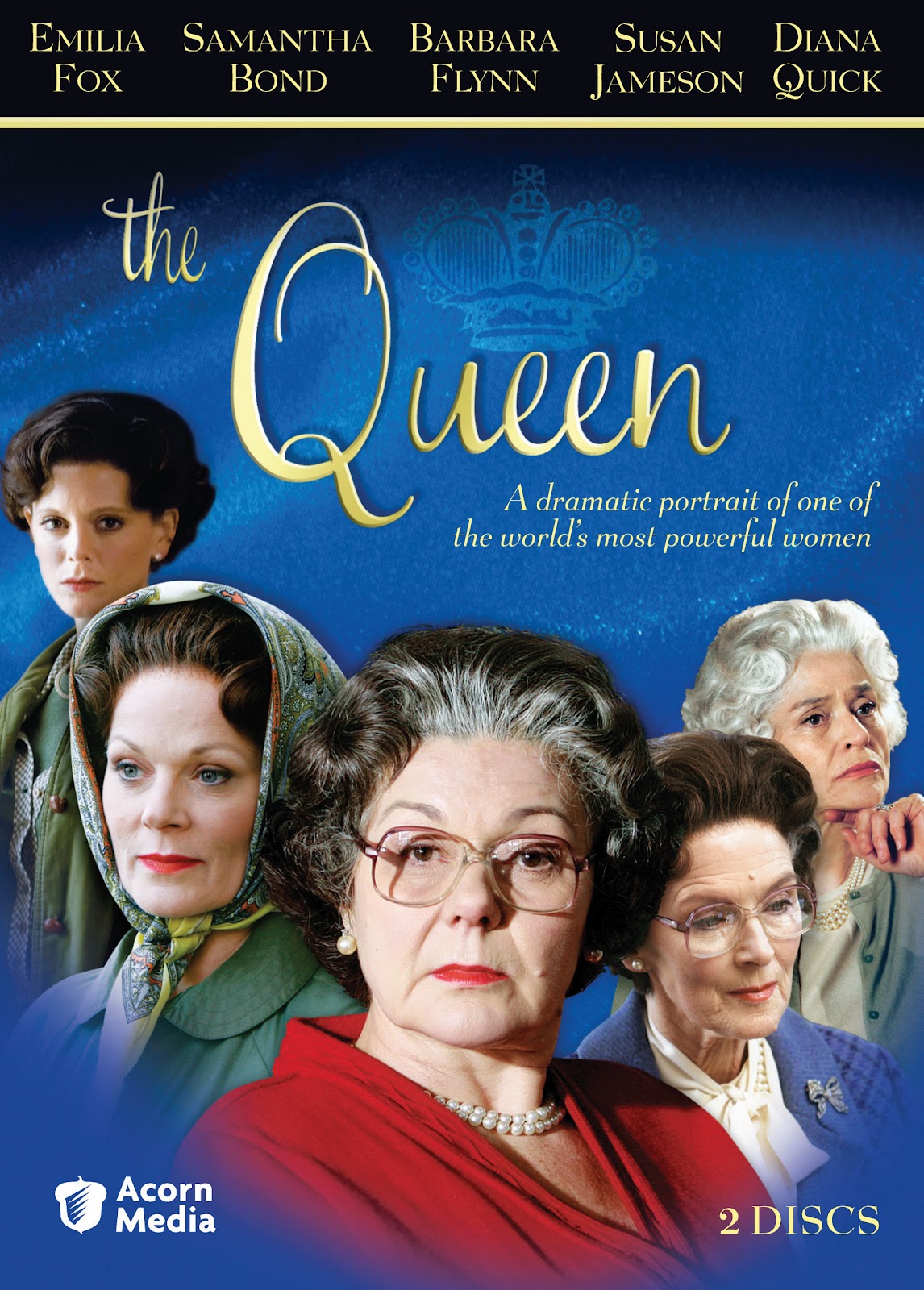The Intriguing World Of Docudrama: A Deep Dive Into Its Origins, Evolution, And Impact
Docudrama has emerged as a compelling genre that intricately weaves together reality and dramatization, captivating audiences across various platforms. This unique blend of documentary and drama not only entertains but also educates viewers by presenting real-life events and figures in a structured narrative format. In this article, we will explore the origins of docudrama, its evolution over the years, and its significant impact on society and culture.
As we delve into the world of docudrama, we will examine notable examples that have shaped the genre and discuss how they resonate with audiences today. The combination of factual storytelling with dramatic interpretations allows the genre to tackle complex themes while remaining accessible to a broad audience. Through this exploration, we aim to provide insights into why docudrama continues to thrive in an increasingly digital world.
We will also highlight key figures and creators who have contributed to the genre's development, showcasing their expertise and authority in crafting compelling narratives that reflect real-life stories. By the end of this article, you will gain a deeper understanding of docudrama, its significance in contemporary media, and why it’s a genre worth watching.
Table of Contents
- What is Docudrama?
- History of Docudrama
- Impact on Society and Culture
- Notable Docudramas
- Techniques Used in Docudrama
- Challenges and Criticism of Docudrama
- The Future of Docudrama
- Conclusion
What is Docudrama?
Docudrama is a genre that combines documentary-style storytelling with dramatic reenactments of real events. It aims to provide a factual representation of historical events while infusing emotional depth through character-driven narratives. This genre serves as a bridge between pure documentary filmmaking and scripted drama, allowing for a unique viewer experience.
History of Docudrama
The origins of docudrama can be traced back to the early days of television, where dramatizations of real events began to emerge. These productions aimed to educate the audience while entertaining them, paving the way for the genre we know today.
Early Examples of Docudrama
One of the earliest examples of docudrama is the 1973 film "The Killing of America," which presented real footage and reenactments of violent crimes in the United States. This film laid the groundwork for future docudramas that would blend real-life events with dramatization.
Modern Evolution of Docudrama
In the 21st century, docudrama has evolved with advancements in technology and changes in audience preferences. High-profile productions like "The Crown" and "Chernobyl" have demonstrated the genre's ability to captivate viewers while providing insightful commentary on historical events. These series not only entertain but also educate viewers about important cultural and historical contexts.
Impact on Society and Culture
Docudramas have a profound impact on society by shaping public perception and understanding of historical events. They often spark conversations and debates around the topics they portray, encouraging audiences to engage with history in a meaningful way.
- Promote awareness of significant social issues.
- Encourage critical thinking about historical narratives.
- Provide a platform for underrepresented voices and stories.
Notable Docudramas
Several docudramas have left a lasting impression on audiences. Some notable examples include:
- Chernobyl (2019) - A miniseries that dramatizes the events surrounding the Chernobyl nuclear disaster.
- The Crown (2016-2022) - A historical drama that chronicles the reign of Queen Elizabeth II.
- American Crime Story - An anthology series that dramatizes high-profile criminal cases in American history.
Techniques Used in Docudrama
Docudramas employ various techniques to create a compelling narrative, including:
- Interviews with real-life figures and experts.
- Archival footage and photographs to provide authenticity.
- Dramatic reenactments to engage viewers emotionally.
Challenges and Criticism of Docudrama
While docudramas can be powerful storytelling tools, they are not without challenges and criticisms. Common concerns include:
- Potential for historical inaccuracies and dramatization to overshadow facts.
- Ethical considerations in portraying real-life events and individuals.
- Balancing entertainment with informative content.
The Future of Docudrama
As technology continues to advance, the future of docudrama is promising. With the rise of streaming platforms, there is an increased demand for high-quality docudramas that can reach global audiences. Additionally, the blending of genres may lead to innovative storytelling approaches, making docudrama an ever-evolving field.
Conclusion
In conclusion, docudrama represents a unique intersection of reality and dramatization, offering audiences an engaging way to explore historical events and social issues. By blending factual storytelling with emotional narratives, docudrama continues to captivate viewers and spark important conversations. We encourage you to explore this fascinating genre further and share your thoughts in the comments below. Don’t forget to check out our other articles for more insights into film and media!
Thank you for reading! We hope to see you back here for more engaging content.
Vernita Lee: The Life And Legacy Of A Remarkable Woman
Unveiling The Life And Career Of Karen Kilgariff
Understanding "Foe Opposite": The Concept And Its Implications


